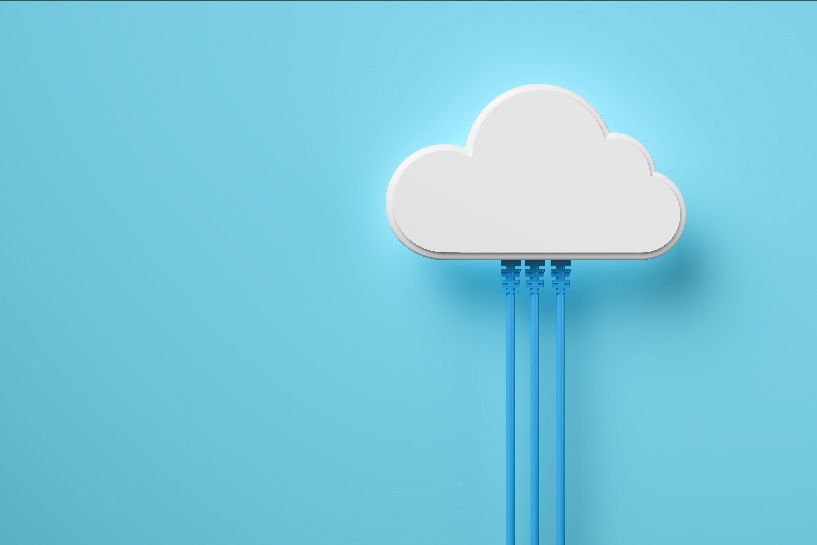The Dutch government wants to speed up strengthening its digital foundation. Outgoing State Secretary Eddie van Marum (Interior and Kingdom Relations, Digitalization) answered Parliamentary questions last week about the Dutch Digitalization Strategy (NDS). The message is clear: after 25 years of automation, non-commitment is no longer tenable. Intergovernmental cooperation is now needed to, in Van Marum's words, "shore up the whole house of Thorbecke."

The latest measurements show that compliance with digital standards remains seriously lacking:
- 36% of government domains do not meet agreed Internet security standards.
- 41% of government websites and apps fall short of digital accessibility, despite a legal requirement.
According to the ministry, the cause is mainly a lack of knowledge among contracting authorities and suppliers. To improve this, there will be implementation teams to help organizations apply standards. For 2026, €1.5 million has been reserved for this purpose. Where necessary, the government can impose obligations through the digitale overheid Act (Wdo).
A second focus of the strategy is digital autonomy. The government now leans too heavily on a handful of large foreign tech companies, such as Amazon and Microsoft. That carries risks, such as loss of bargaining power and dependence on their services.
That is why the government is working on a new IT sourcing strategy, which will look at each service on a risk-based basis to see what the government develops itself, performs jointly or procures. Price is not the most important factor here.
An exploration of a sovereign government cloud - popularly known as the "Nethercloud" - is also underway. The results are expected in 2026. The goal is to encourage more Dutch and European cloud solutions, so that in the future 30% of cloud storage will come from home regions.
In the field of artificial intelligence, the government wants to bet on European language models, such as those of France's Mistral and Switzerland's Apartus. Once the Dutch model GPT-NL is ready, it will also be tested.
The NDS is not only about technology, but also about service. Citizens and entrepreneurs should no longer get lost in the maze of counters and websites. The goal is to always find the right door.
To that end, work is underway on:
A revamped Overheid.nl as a recognizable online signpost (ready by the end of 2026).
An exploration of a government-wide contact strategy and help desk (2026).
In addition, the Federative Data System (FDS) is taking shape: a successor to the current basic registries, in which public organizations share their data in a standardized and responsible manner. The first agreements are expected this fall.
The strategy provides direction, but the precise investment agenda still needs to be worked out. That will be drawn up intergovernmentally and should be ready in the first quarter of 2026. How big the budget will be, and whether it will be structural or temporary, is still open.
Read here the parliamentary letter

